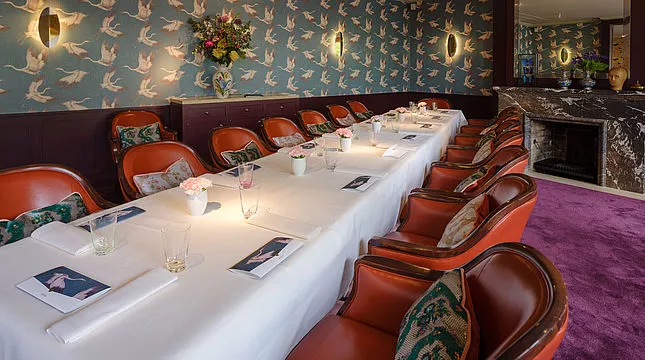Bavaria’s Capital of Culture, History, and Beer
The city has several attractions, including a lovely medieval city centre, an old castle, sizable parks and gardens, substantial German cuisine, and numerous beer halls. In addition, Munich has a renowned clock, an extensive history museum, and the renowned English Garden. There is something in the city for everyone.
Although there have been civilizations in the area since the Bronze Age, Munich as we know it now only dates back to 1158. The city became a significant commercial and cultural centre over the years. After World War I, this is where the Nazi party established itself (their first concentration camp was nearby in Dachau). Despite being extensively damaged during the war, the city was rebuilt using the same grid design after the war.
Munich is a beautiful, artistic, and historic location today. I enjoy visiting there. The city is a fantastic starting point for seeing other parts of Bavaria and has a lot to offer tourists. It might not have Berlin’s youthful edge, but that sounds good to me!
This Munich travel guide lets you plan your vacation, venture off the main route, and make the most of your stay!
HOW TO GET AROUND MUNICH
Google Maps always has a transit option for anywhere you want to go, telling you exactly which lines or buses you need to take to get there.
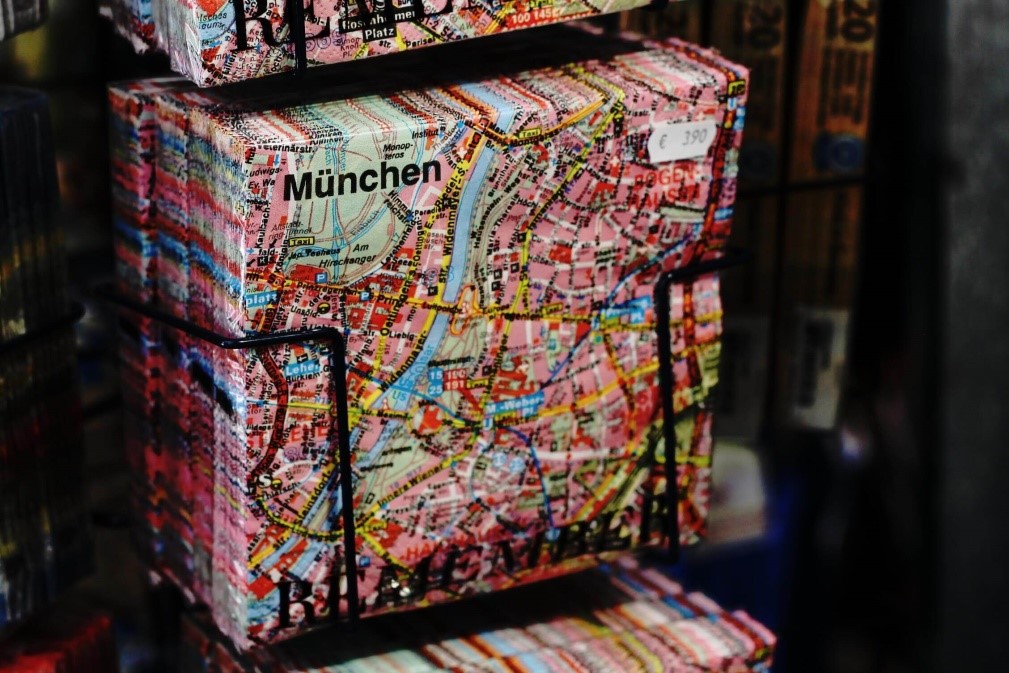
Public Transportation
Munich’s public transit is quick, dependable, and secure. All modes of public transit, including the underground U-Bahn, the above-ground S-Bahn (which also travels outside the city), the tram, and the buses, can be accessed with a single ticket.
A short-trip ticket (usable for 1 hour) costs 1.70 EUR, compared to a one-way fare of 3.40 EUR. The greatest offer is a one-day unlimited access, which costs 7.90 EUR. A weeklong pass is also available for 17.80 EUR.
A single ticket will allow you to transfer from the tram to the subway in one trip. Just be aware that the price goes up the more zones you visit.
- Train – The three main train stations in Brussels are Brussels Nord (Gare du Nord/Noordstation), Brussels Centrale (Gare Centrale/Brussel Centraal) and Brussels Midi (Gare du Midi/Zuid station). Brussels Nord has no metro connection, but you can take the bus or tram to a metro station or the city centre. Brussels Centrale and Brussels Midi are the main departure points in Brussels and the most frequented by tourists. Note: If you want to travel by train, it will come in handy to know both names of the stations (Dutch and French).
- Trams – The ancient tramway faced potential challenges from the new suburban rail and metro systems as the city’s public transportation system underwent modernization for the 1972 Olympic Games; yet, the trams survived and are just as popular as ever.
There are 13 daytime train lines and four nighttime lines, covering 165 stops throughout Munich. Prices range from €2.90 for a single ticket covering one zone to €6.70 for a one-day travel card around the inner city area.
Bicycle
Munich has excellent cycle lanes. It’s known as Germany’s riding capital. Bicycle rentals start at about 15 euros per day. Popular businesses include:
- Munich Bike Rentals
- Mike’s Bike Tour
Taxi
In Germany, Munich has some of the most expensive taxi fares. The standard charge is 3.75 euros plus 1.90 euros for each additional kilometre. If you can, avoid them!
Ridesharing
Although Uber is available here, it is not any less expensive than a taxi. In summary, stick to public transit if you’re on a budget.
Car Rental
You can find cars for as cheap as 30 EUR daily for a multi-day rental. Although you won’t need one to navigate the city, having one will be useful if you intend to travel around Bavaria and take some day trips. Applicants for rentals must be at least 21 years old.
Munich Airport
An international airport servicing Munich and Upper Bavaria is Munich Airport. With 47.9 million passengers handled in 2019, it is the ninth-busiest airport in Europe and the second-busiest in Germany regarding passenger traffic after Frankfurt Airport.
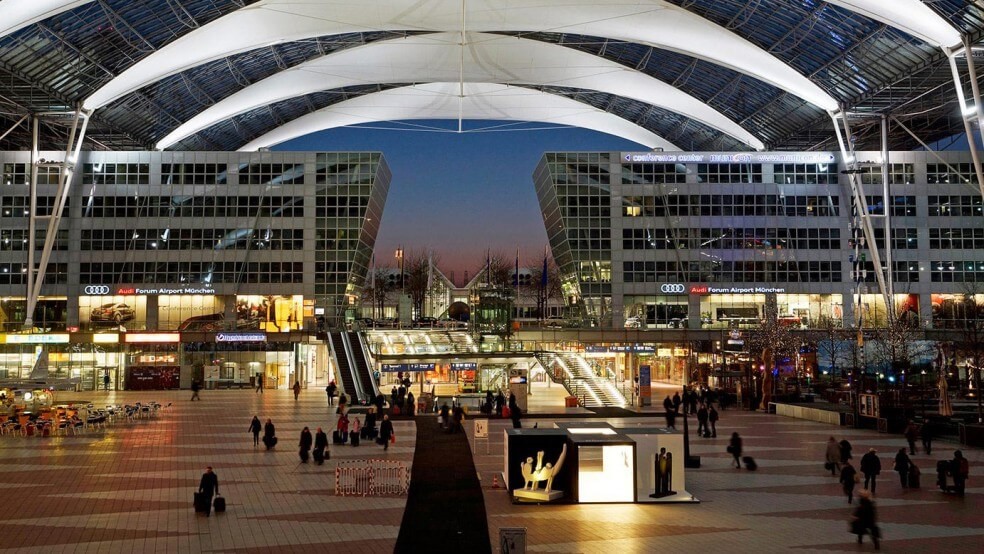
WHEN TO GO TO MUNICH
Munich has so much going on all year long that there is never a bad time to go. The opening of flea markets and the numerous festivals that occur in the spring make it a pleasant season (like Wannda, an arts festival). However, it can occasionally be chilly and rainy. Layers and rain gear should be packed.
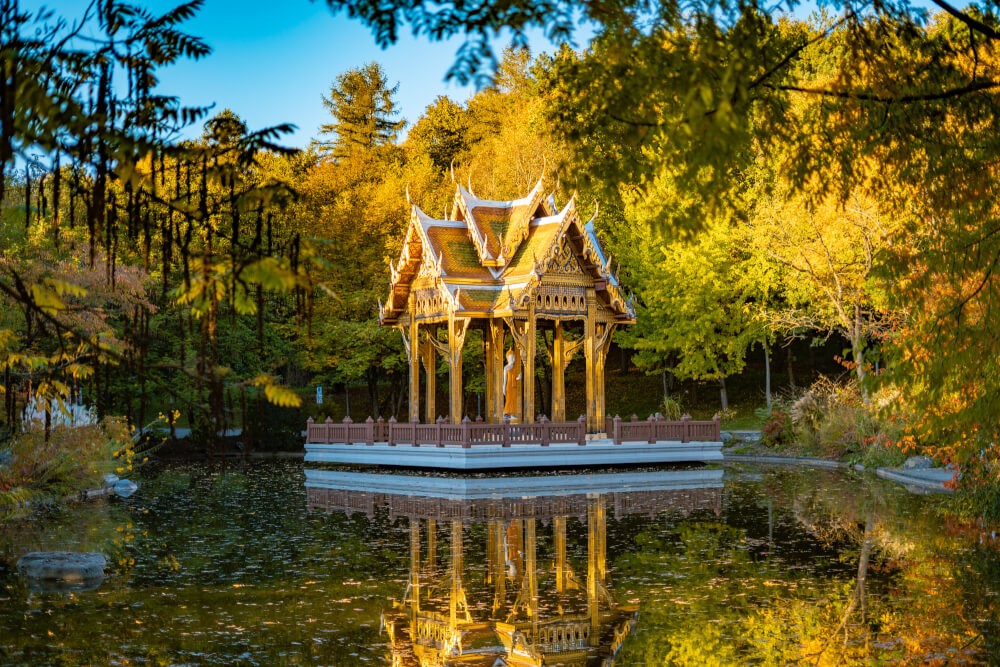
The most frequent season for travel tends to be summer. Everyone is outside, taking advantage of the warm temperatures and sunshine. People swarm the adjacent lakes for swimming or the beer gardens. This is the time of year when hotel rates are at their highest. Temperatures are often around 24°C (75°F) or higher during this time.
The well-known Oktoberfest makes autumn a widely sought-after travel season. Millions of visitors come here from around the world between late September and early October to participate in the world’s largest beer festival. Typically, the Munich weather at this time of year is equally as lovely as summer. Book your lodging in advance if you intend to attend Oktoberfest. A long time in advance. Come in early September or late October to avoid the chaos.
Munich’s winters might be chilly, with lows of -5°C (23°F), but Germany is known for its Christmas cheer, and Munich’s markets are no exception. Although the weather is more erratic, and you should be prepared for snowfall, there are several locations in the city where you can go skiing and sledging. The cost of lodging is significantly lower at this time.
WHAT TO DO IN MUNICH
Brussels is a vibrant, energetic city with a wide variety of recreational and cultural attractions. The capital city of Belgium offers magnificent parks, fascinating theatres and movie theatres, opulent spas, and several locations where you may have fun with your party. Additionally, several festivals and cultural events cover every conceivable subject, so there is something for everyone.
1. Visit the Church of St Peter
Munich’s oldest parish church’s largest gilded altar and ceiling frescoes date back six centuries. For beautiful views of the city from the tower, you can also ascend the 299 stairs. You can see as far as the Alps on a clear day. It costs 5 EUR to enter.
2. Tour the BMW Museum & BMW Welt Munich
The BMW Museum is housed next to BMW’s head office in northern Munich. The company was founded in 1916. The museum features exhibits about the history of BMW cars and motorcycles, with historic vehicles and prototypes, plus displays on alternative fuel and traffic management. It’s a bit out of the city, but I highly recommend this place if you’re a car lover. Admission is 10 EUR.
3. Hang out at the Hofbräuhaus
One of Munich’s top attractions is the world’s most well-known beer hall, which you must see if you enjoy beer. The restaurant portion of the Hofbräuhaus opened in 1828 after being constructed as a brewery in 1607. Up until 1896, beer was made here. After that, the brewery outgrew this location, and beer was made at a new, larger location in the suburbs.
While much of the beer hall was destroyed or damaged during World War II, it was rebuilt in 1958 and returned to its previous appearance. The oldest regulars at Hofbräuhaus have sat at the same table for 70 years, and there are over 100 active regular groups there. During Octoberfest, it is also the most crowded beer hall.
4. Shop at the Viktualienmarkt
Over 200 years have passed since the establishment of this food market in the centre of the city. This well-liked neighbourhood shopping centre has over 100 vendors, offering a fantastic selection of fresh produce, grocery stores, cheese, and antipasti. Stock up here if you cook for yourself because it is also not too expensive! The market is open every day from Monday through Saturday from 8 am to 8 pm, though some stalls close sooner. On Mondays, several stands are also closed.
5. Visit the Deutsches Museum
This museum, one of the largest technical museums in the world, is home to a wide variety of science and technology-related exhibits. This is a fantastic attraction for anyone interested in building, engineering, aircraft, or the natural sciences. In addition to interactive exhibits, there are sailing ships, windmills, space probes, robots, lifeboats, and submarines. If you’re taking a trip with children, you should go there. Adult admission is 14 EUR, while student admission costs 4.50 EUR.
6. Day trip to Regensburg
Regensburg is a UNESCO-listed medieval town roughly 1.5 hours from Munich and has recently risen in popularity as a tourist attraction. The 13th-century stone bridge was originally the only way to cross the Danube in this region; the Porta Praetoria, a Roman gate dating from 179 CE, and St. Peter’s Cathedral, a Gothic cathedral with a treasury containing relics and reliquaries, are among the major attractions. Train travel from Munich costs between 19 and 26 EUR.
7. Experience Oktoberfest
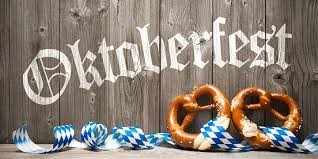
One of Munich’s best festivals is Oktoberfest. Munich, Germany, has an annual 16–18-day beer festival that lasts from late September to the first weekend in October. Activities related to Oktoberfest can be found in places all around the world because it is such a big deal.
What to Expect at Oktoberfest
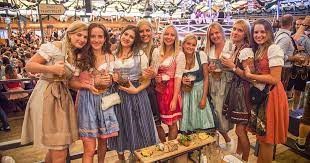
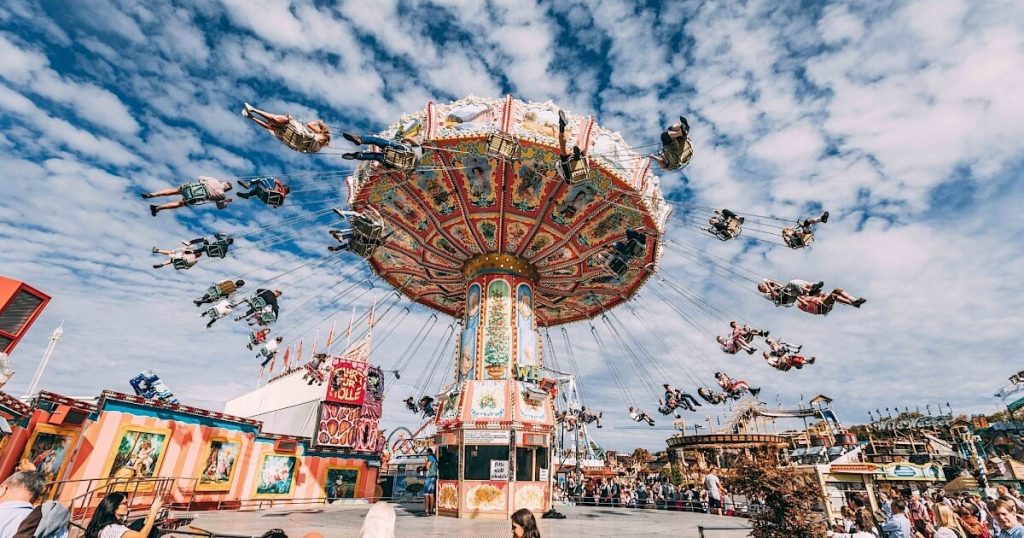

Everyone is having a great time and is happy to be here!
How Much Does Oktoberfest Cost?
It is free to enter any of the tents. The average beer costs 12–13 euros, while most whole dinners cost 12–20 euros. There are a lot of vendors throughout, with sausage and wurst for 5–6 EUR, and some tents have lunch specials for 10-15 EUR.
Although it is technically free to make a reservation, you must also place an order for food and beverages. Typically, this equals two beers and a half chicken (around 30-35 EUR per person). So, depending on the tent, the cost of a table for 10 people will be around 300 EUR.
This event cannot be completed on a limited budget. Get drunk and stuffed before purchasing alcohol or food from outside the event grounds to save money, but be prepared to pay for everything you buy inside the tents.
How to Get Your Traditional Oktoberfest Outfit?
It just wouldn’t be appropriate or as much fun to attend Oktoberfest without a traditional Bavarian dress, and those are not inexpensive. A decent lederhosen suit costs between 140 and 175 EUR. The traditional dress for females, the dirndl, costs 100 EUR. (If you aren’t seeking quality, you may buy less expensive clothing.)
They are available in shops across the city, or you can get them online before visiting. Just during the event, outfit-only shops start to pop up. The day we arrived, we discovered lederhosen. Depending on your stay, renting costumes can cost between 45 and 60 euros daily. It is less expensive to get an outfit if your trip lasts longer.
8. Stroll the English Garden
With nearly 80 kilometres (50 miles) of trails, the English Garden is a massive park that offers numerous places to picnic, hike, and relax. Near the entrance is a river where people can “surf” as the water flows out under the bridge. There’s also a great beer garden in the centre too.
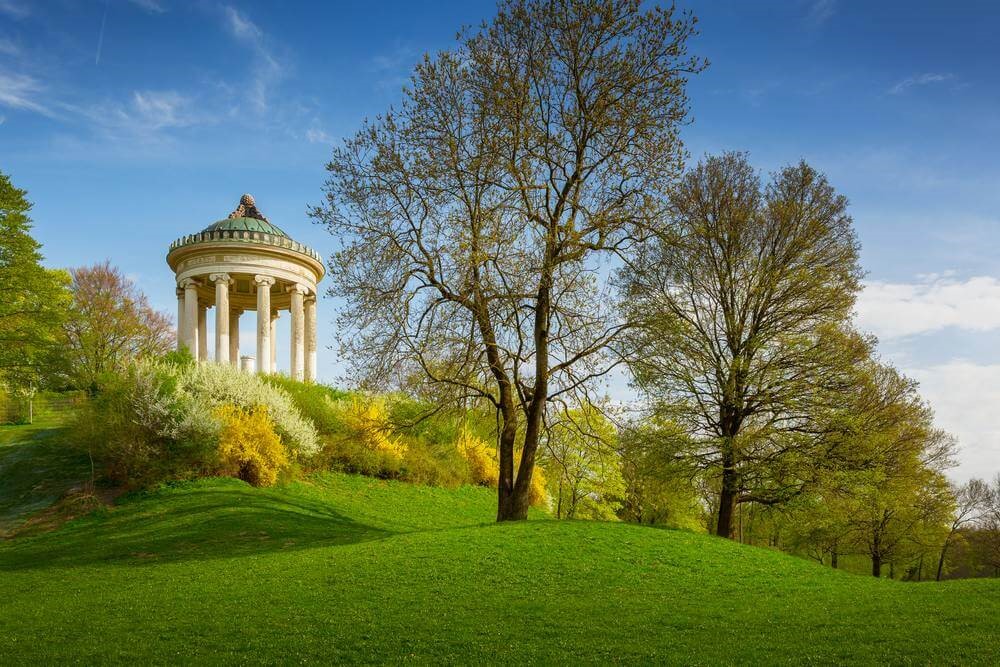
INTERESTING FACTS ABOUT MUNICH
1. Munich has monkish origins
The Old High German word Munichen, which means “by the monks,” is where the English word “Munich” originates. The city was first settled in 750 AD when a Benedictine monastery in Tegernsee was established. The monks were permitted to construct a market in 1157 by Henry the Lion, Duke of Bavaria, where the Isar River crosses the road to Salzburg. The monks constructed the market and a bridge across the Isar a year later. As they say, the rest is history.
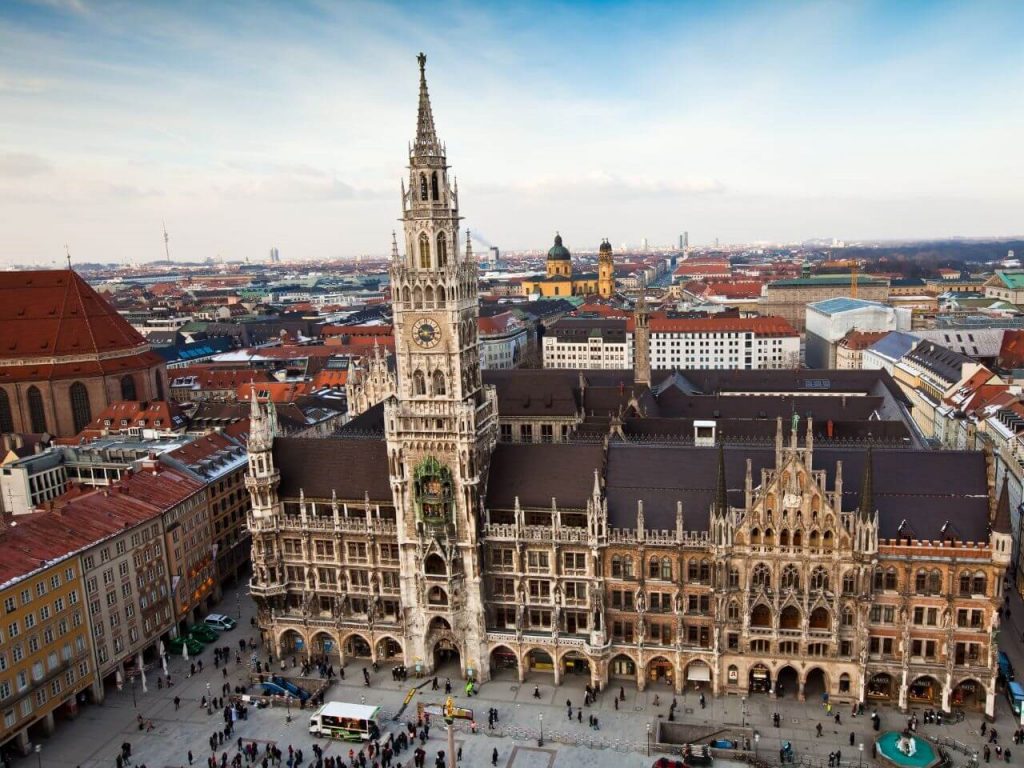
2. The oldest building in Munich is a toilet
Munich’s oldest structure was constructed in 1260. It’s a restroom. The structure beyond the city walls was found by archaeologists, proving Munich was far larger than previously assumed in the 13th century.
3. The Olympiapark hill is made of something unusual
The Olympiaberg may appear to be a typical hill, yet it is not built of ground. The debris from World War II was used to build the hill. It was created for the Olympics in 1972.
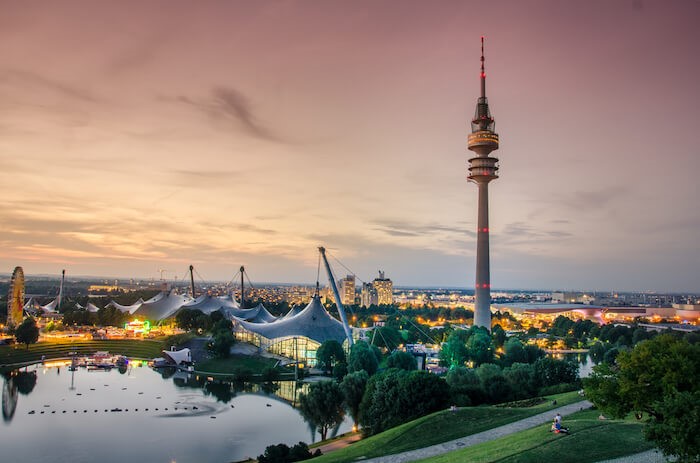
On a clear day, the hill provides expansive 360-degree views that extend to the Alps. Additionally, it has the city’s highest beer garden, which is a great place to (literally) cheer yourself up.
4. You can go surfing in Munich
Despite being a landlocked city, Munich can nonetheless experience large swells. You may find a group of river surfers on a channel of the Eisbach River five minutes outside downtown Munich at the entrance to the Englischer Garden park. The icy waves can rise to one meter in height. It is highly respected and is one of the biggest and best city centre river surfing locations in the world. More than 40 years have passed since people began surfing here.
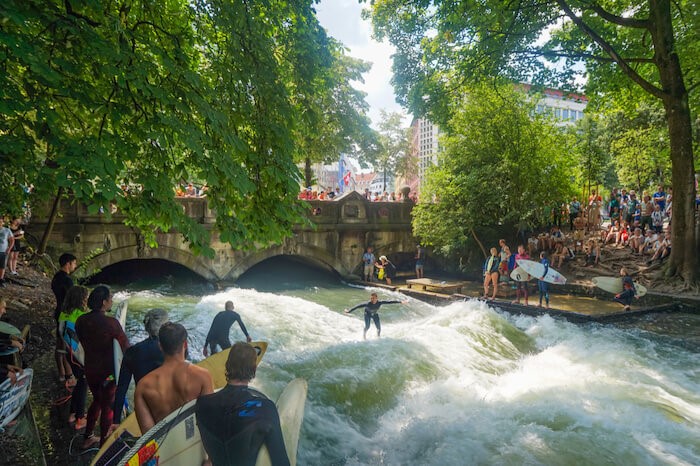
5. Munich invented play-doh
Indeed. Franz Kolb, a pharmacist, created the plasticine machine to assist his creative friends who struggled to work with modelling clay in the winter.

WHAT TO EAT IN MUNICH
Bavarian cuisine is accessible in Munich in various restaurants, including market snack bars, chain restaurants, quaint inns, and culinary temples. It is filling, tasty, and not exactly for weight watchers.
The best venues to eat regional cuisine are the Gaststätten or restaurants. These can be found throughout the city, and even if you want a snack, it’s worth going there to try the local food while listening to spirited debate, laughing, and singing. The beer halls, which provide a genuine atmosphere and amounts of meat to satisfy even the most ravenous appetites, are also quite popular with locals.
Although costs vary, eating out in Munich is often not inexpensive. Italian cuisine typically offers the best value for money, with a single-course meal and drink costing between €10 and €14 for one person. Typical Bavarian cuisine runs about €16–18 per person.
Restaurants in Munich
Zum Fraziskaner
Get your sausage on the go from the takeout café there, or enjoy a nice sit-down dinner in the well-kept, if somewhat sterile, halls and rooms. The famed Franziskaner wheat beer is one of the city’s most well-known breweries. However, some visitors may come for the Bavarian cuisine, the Wurst menu, or even, God forbid, the vegetarian dishes.
Georgenhof
The public is drawn to this rustic eatery by the classic Bavarian Schmankerl (literally, “wonderful morsels”) and the distinctive Bavarian Gemütlichkeit (conviviality). You can watch the chefs cooking your fresh fish or meat over a charcoal barbecue in the eating room. The roast duck is some of the best in Munich. Daily menu adjustments are made.
Altes Hackerbräuhaus
There are several less dangerous options, such as sausages, schnitzels, and sauerbraten, if the calf’s lungs with dumplings aren’t quite what you had in mind for your traditional supper in Munich. This stunning structure may be one of the greatest places in town to experience an authentic Bavarian ambience because of its fantastic brewing and culinary legacy that dates back centuries. Draft Hacker-Pschorr beer is available.
MUST TRY FOODS IN MUNICH
Here are some of the famous food items of this Bavarian capital that you and your amigos must get a bite of when you’re vacationing here.
Weisswurst

Schweinshaxe
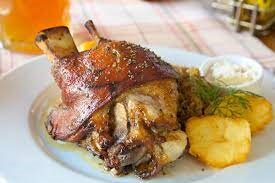
Potatoes and cabbage are typically paired with schweinshaxe. Schweinshaxe should be your first choice if you want to sample traditional local cuisine affordable in Munich.
Pretzels
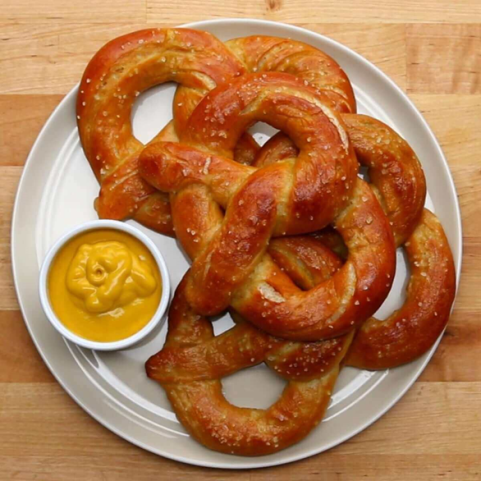
Hendl
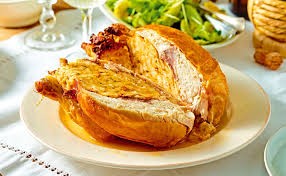
Hendle, however, is a Munich street snack. Therefore, you can find this mouthwatering meal virtually anywhere in Bavarian, whether a supermarket or a food truck.
Bavarian Soup
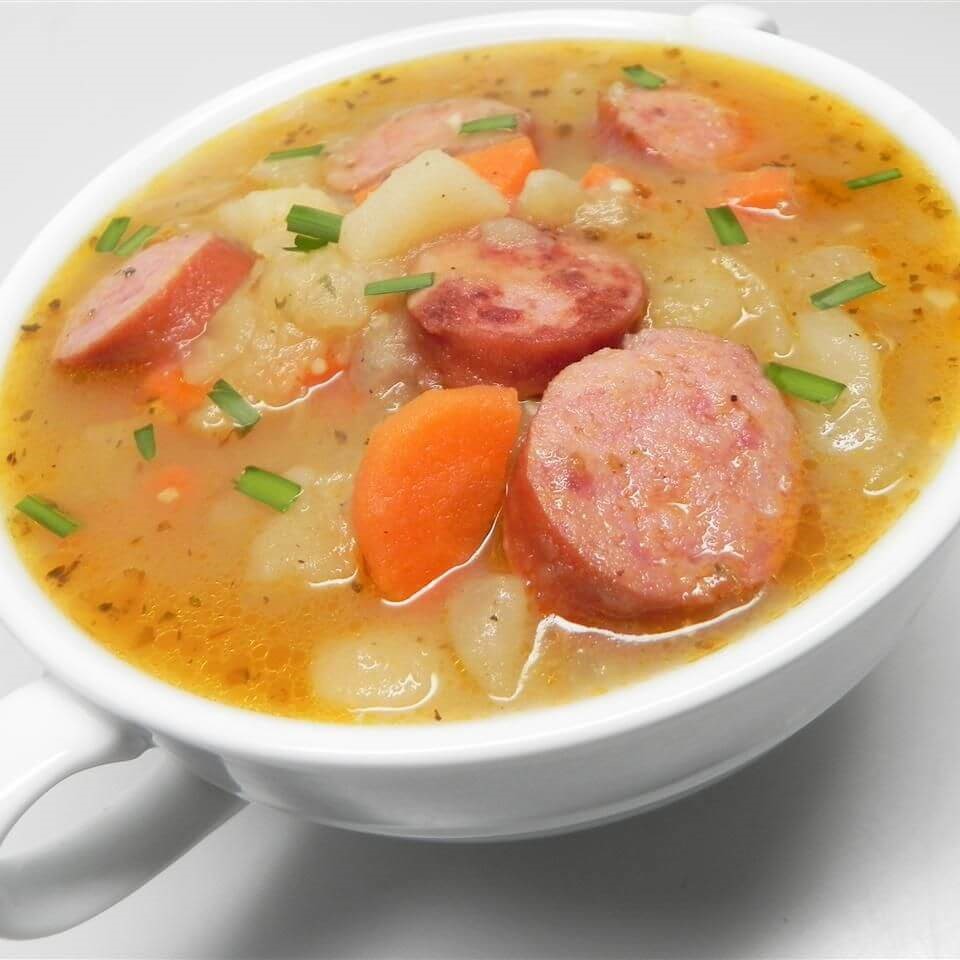
MUNICH NIGHTLIFE
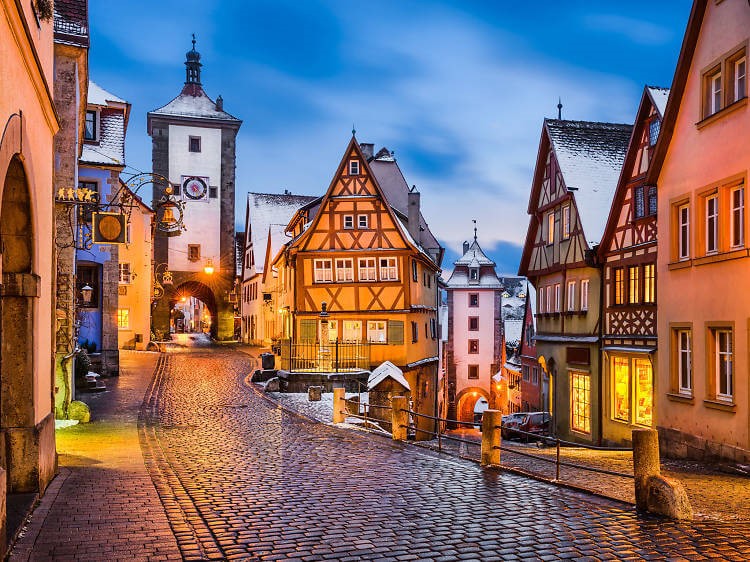
Munich’s nightlife is primarily found in the Altstadt-Lehel neighbourhood of the city and the surrounding areas of Maxvorstadt, Ludwigsvorstadt-Isarvorstadt, Au-Haidhausen, and Schwabing. The so-called Feierbanane (party banana), which spans 1.3 kilometres (0.8 miles) along Sonnenstraße and is distinguished by a dense concentration of nightclubs, pubs, and eateries, is located between Send-linger Tor and Maximiliansplatz. Munich’s nightlife has centred around the Feierbanane, which is frequently packed, especially on the weekends.
Munich offers a variety of entertaining activities that will keep you occupied for a week. Therefore, you can enjoy a handful of the Munich attractions listed here. On this list of activities to do in Munich, you’ll find a lot to enjoy if you’re travelling there with your family:
Best Bars in Munich
Visitors frequently have only a few stereotypes in mind when they think of the city, such as beer, the Nazi era, Oktoberfest, and possibly its proximity to the Alps and skiing. This itinerary mixes a little bit of everything into one wonderful weekend to let you truly get into the mood of this delightful, low-key city that boasts an abundance of natural beauty, cultural pursuits, delicious food and drink, and sometimes even a touch of quirky vibe.
Die Golden Bar
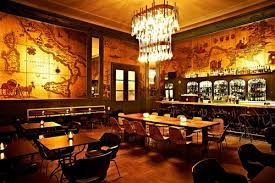
They add a touch of luxury to the space as they glitter beneath the stunning modernist chandelier, but the Goldene Bar’s laid-back, diverse clientele makes it so popular. Gin, used in the house cocktail, is a particular favourite of chief bartender Klaus St. Rainer. It’s the finest option for hanging out in town overall.
Bar Garçon
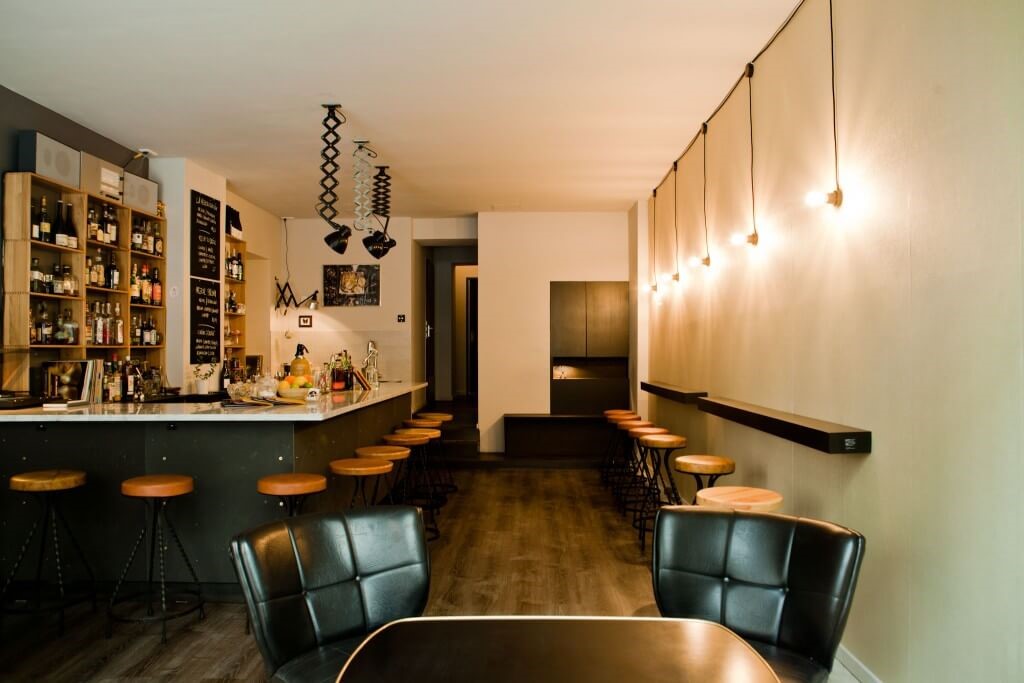
Disco and soul music is playing as a leather-bound, laid-back menu, including excellent riffs on classic drinks like the Negroni or Manhattan, as well as handmade syrups and juices, is also available. A good assortment of open wines is also available. Bar Garçon exclusively accepts cash is typical of many smaller German businesses.
The High

André, a co-owner who began his career at the renowned Zephyr Bar, has continued practising experimental mixology and applied his skills to create new concoctions like the Farang Mule.
The décor is reminiscent of 1980s Miami, and whether it’s raining, shining, or there’s a lot of snow on the ground, the look is bright and sunny with tropical plants, striped paper straws, and drinks that are as orange and pink as a drive down Ocean Drive.
WHERE TO STAY IN MUNICH
Looking for places to stay? Here are some of my favourite hostels in Munich:
Munich has heaps of hotels to suit all budgets. These range from cheap and cheerful youth hostels to large luxurious hotels catering to business travellers. Book a long weekend at the latter, and you can often save up to 50 percent on normal prices. Beware, though, prices rocket during trade fairs.
Euro Youth Hostel
Euro Youth Hostel is next to the Hauptbahnhof and features comfy rooms, large, clean bathrooms and modern security. It ‘has quite a homely feel despite being a large hostel’ and plenty of character you’ll stay here again. The bar is a great place to meet people.
Wombats
Wombats City Hostel was rated the most popular in Munich at the 2017 Hoscars, and we’re not surprised. This friendly hostel offers guests many nice extras, such as parking in the basement, a fully-stocked bar and a frequently praised all-you-can-eat breakfast. This is just 10 minute walk from Oktoberfest and most sights in the city centre, as well as near the U-Bahn and international trains at the Hauptbahnhof.
Jaeger’s Munich
Feel at home with Jaeger’s Munich and enjoy one of the most beautiful cities in Germany! They provide quality accommodations for backpackers, small and large groups, and budget-minded business travellers. Enjoy our dorms and single/double rooms. All rooms are equipped with private bathrooms, individual lockers and air conditioning.
The 4You Hostel Munich
This is perfectly located for anyone who wants to stay in the centre of Munich. Situated next to Central Station, the area is also busy and provides easy access to all that central Munich offers. There’s easy and direct access from Munich Airport by tube, straight to Central Station. You can choose either ensuite rooms (with their private bathroom) or the less expensive dorm rooms (with showers and toilets shared with a limited number of other guests).
The Tent
Offering accommodation in a big tent, The Tent is a unique youth hostel set in a green park in Munich, only a 15-minute tram ride from the city centre. Guests can enjoy access to the camping site. The Tent features 160 bunk beds in a mixed dormitory in a 500 m² tent. Guests have access to shared bathrooms and kitchen facilities. The Tent features free Wi-Fi.
Deutsche Eiche
Located beside the Viktualienmarkt, this 36-room hotel was saved from demolition by the late Rainer Fassbinder. Enjoy lounging in the sauna and on the rooftop terrace, but bear in mind that its clientele is largely gay.
MUNICH, DID YOU KNOW?
Ludwig Maximilian University of Munich
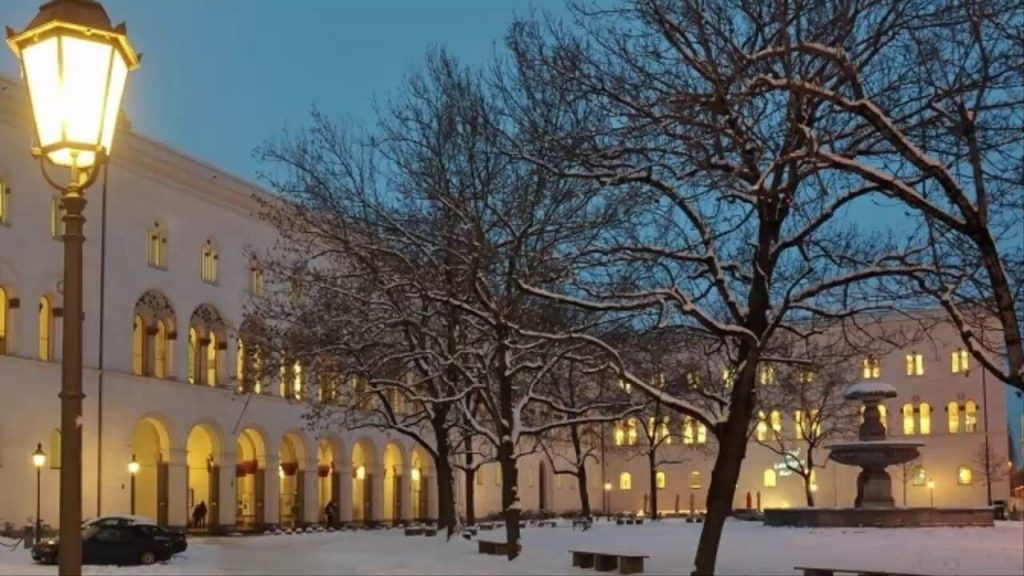
LMU has a reputation for its extensive range of subjects. You can learn from leading academics at one of Germany’s most renowned universities. Study in the heart of Munich and gain first-hand, practical experience as you go.
LMU always lends a helping hand, whether you’re an international exchange student or a degree candidate. In every aspect of your academic and professional life, the university assists.
FC Bayern Munich
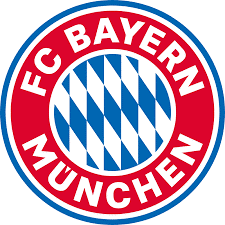
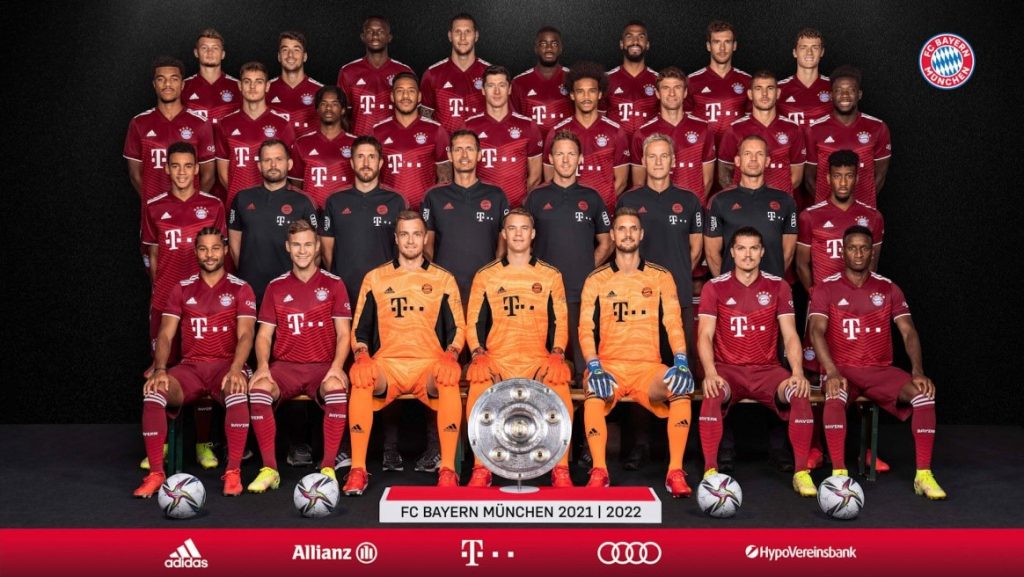
CITY MAP-MUNICH
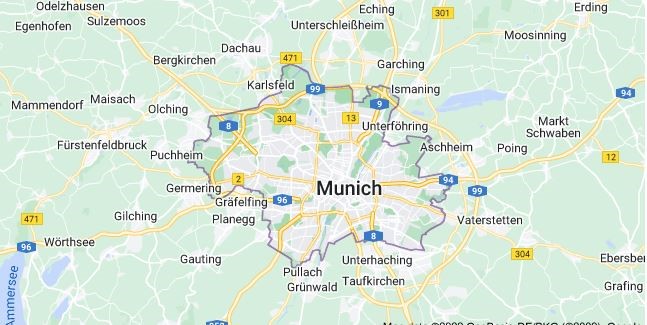
Must-Have Apps for Visiting Munich
Gone are the days when tourists were stuck with a map and guidebook to help navigate and understand a city. Now loads of great apps available can bring another dimension to your Munich trip. Whether you want to get around the city quickly with e-tickets for the U-Bahn or use augmented reality to learn about the plants in 18th-century gardens, there’s an app to help.
mytaxi
Mytaxi is the go-to app for driving around Germany, as Uber is declining. After setting everything up, which takes only a few minutes, you can use the app to either order a taxi or request an estimated cost. The app allows you to pre-book a taxi, which is helpful if you must arrange to catch a train or airline in advance. It also provides information on your driver and estimates their distance from you. The app has a payment option.
Prinz
Prinz creates a fantastic all-around city guide by fusing reviews akin to those on Yelp with local knowledge. You can add favourites to a customized sightseeing list by marking the places you want to see. You can add your remarks in addition to bookmarking places. A magazine component is also included, including stories about Munich.
MVV
Though MVV is the more useful public transportation app, most websites suggest MVG Fahrinfo. The route and timing information that you may get on Google Maps and at the stations themselves is duplicated by Fahrinfo. You can purchase tickets directly from the MVV app and keep them on your phone. Along with a network map and a route planner, it also displays messages regarding disruptions. It’s simple to use, a terrific method to avoid ticket lines and ensures you get the most affordable ticket option.
The Official App (muenchen.de)
The official city app is a terrific way to learn more about what’s happening in Munich and find extremely useful information like the location of a doctor, pharmacy, or ATM. The search feature is excellent and will give you several choices and their distance. Even a lederhosen shopping search is available.
TRAVEL AROUND MUNICH ON A BUDGET
The city of Munich can be somewhat pricey. Budget travellers should anticipate spending about 65 EUR per day. This includes using public transportation to get about, making all of your meals, not drinking too much, and sticking to most free activities like free walking tours and visiting the parks.
For a mid-range budget of 130 EUR per day, you can stay in a private Airbnb, eat out for most meals at cheap restaurants and food stalls, enjoy a few drinks, take the occasional taxi to get around, and do more paid activities such as museum visits or a day trip.
You can stay in a hotel, consume as much alcohol as you choose, hire a car for day trips, eat all of your meals out, and participate in any tours and activities you choose on a “luxury” budget of 235 EUR or more per day. But for luxury, this is merely the ground floor. There are no boundaries!
You can use the chart below to estimate how much money you need to set aside daily according to your travel preferences. Remember that these are daily averages and that you may spend more and some days less (you might spend less every day). We wish to provide you with a rough outline for creating your budget. The price is in EUR.
| Accommodation | Food | Transport | Attraction | Average Daily Cost | |
| Backpacker | 20 | 25 | 10 | 10 | 65 |
| Mid-Range | 40 | 45 | 20 | 25 | 130 |
| Luxury | 80 | 70 | 35 | 50 | 235 |
Takeaway
There are plenty of ways to save money in Munich, especially if you skip some of the fancier hotels and more luxurious meals the city offers.
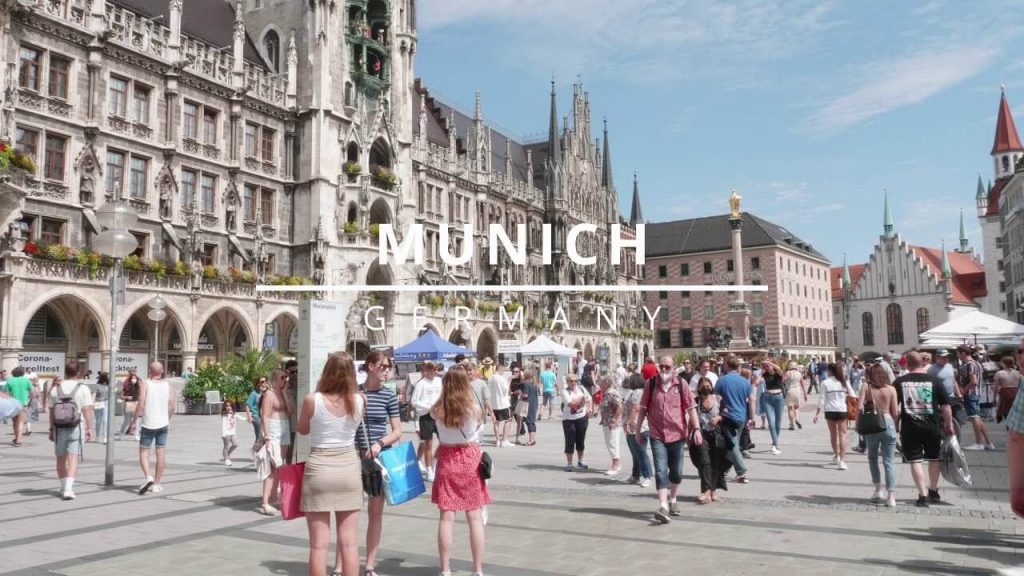
Munich is a fascinating city, and its diversity makes it a wonderful place to visit.
Visit the Hofbräuhaus for its boisterous ambience, unlimited beer steins, communal tables, and authentic Bavarian music. Even though COVID banned major events like Oktoberfest in 2021, the coming year’s festival would be a wonderful addition to any future fall trip to Germany.
FAQ
Is Munich good for foreigners?
It is one of the most well-liked European cities for immigrants to settle. Munich is a contemporary, international metropolis with a diverse population. This is what? The ethnic feel and modern way of life are perfectly balanced.
Why is Munich famous?
The city is known for its beer and yearly Oktoberfest event and is home to several of Germany’s top brewers. Both a convention centre and a popular tourist attraction in Munich. Television production, book publishing, and printing all play significant roles.
Is Munich better than Berlin?
The biggest distinctions between Berlin and Munich. While Berlin is a bustling melting pot of many different nationalities and immigrants, Munich is the wealthiest region in Germany. There are many traditional cultures to experience in Munich, which is also fairly pricey. Bavarian food and beer are also well-known worldwide.
Do people speak English in Munich?
Although English is taught in schools and is widely spoken in Munich, German is the city’s primary language. There are English menus available at many establishments.
Is Munich a walkable city?
Although Munich is one of the most pedestrian-friendly cities in Europe, it also features a subway system, suburban trains, trams, and buses. Getting an unlimited-day ticket is advisable because all public transit uses the same ticket (but single tickets are available).
Is Munich friendly?
Munich welcomes foreigners quite well. Munich has a population of over 35% of people who are immigrants. There is a sizable ex-pat population in Munich! Munich is home to multiple universities; therefore, there will undoubtedly be many foreigners in the area.
Why is Munich so wealthy?
Munich is well known for its high standard of living and some of the highest average salaries in the country! Munich’s highly progressive economic and political history is yet just another of the reasons the city is often referred to as the Secret Capital by many Germans.
How cold does Munich get in winter?
The cold season lasts for 3.6 months, from November 17 to March 5, with an average daily high temperature below 44°F. Munich’s coldest month is January, with an average low of 25°F and a high of 37°F.
Do I need a car in Munich?
Public transport is comprehensive and excellent, most of central Munich is walkable, and bike lanes (and rentals) are everywhere and widely used.
Best places to live in Germany
Munich. The capital of Germany’s largest state, Bavaria, the southern German city of Munich, is often seen as the pinnacle of German culture and international identity.
People also read:

